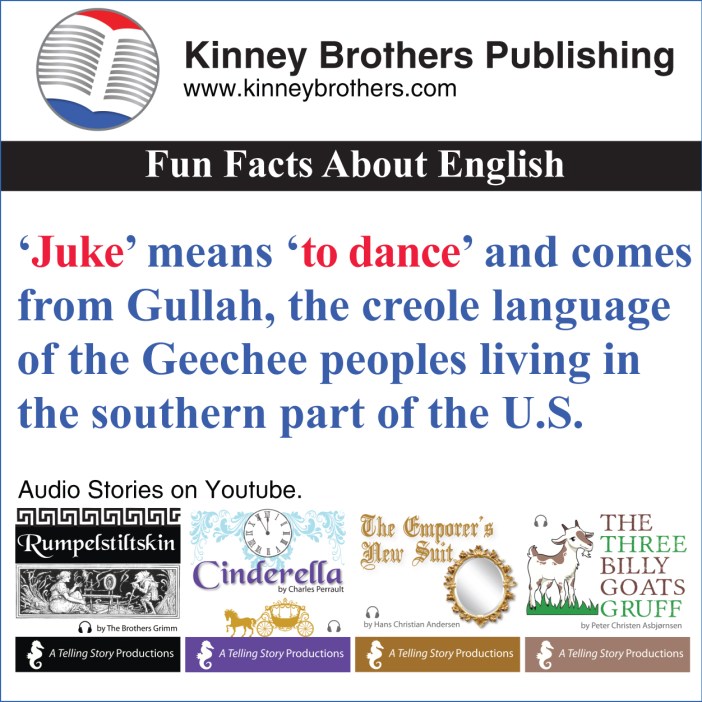
Chicago’s recorded history begins with the arrival of French explorers, missionaries, and fur traders in the late 17th century and their interaction with the local Pottawatomie Native Americans.
The name Chicago is derived from a French interpretation of the indigenous word shikaakwa — a wild relative of the onion known as ramps. The earliest reference to the city site was Checagou in a memoir by Robert de LaSalle around 1679.

The first known non-indigenous permanent settler in Chicago was explorer Jean Baptiste Point du Sable. Du Sable was of African, French, and possibly Haitian descent. He arrived in the 1780s and is commonly known as the “Founder of Chicago.” Living at the mouth of the Chicago River, he established an extensive and prosperous trading settlement. Described as handsome and well educated, Point du Sable married Kitiwaha, a Pottawatomi Indian woman. In 1796, Kitiwaha Point du Sable delivered their daughter, Eulalia, Chicago’s first recorded birth.
Click on the image to see larger.

The city was incorporated in 1837. Recognizing its commanding position in the emerging transportation network controlling access from the Great Lakes into the Mississippi River basin, real estate speculation boomed. The city grew exponentially, becoming the nation’s rail center and the dominant Midwestern center for manufacturing, commerce, finance, higher education, religion, sports, jazz, and high culture.
Click on the image to see larger.

The city was a magnet for European immigrants beginning with Germans, Irish, and Scandinavians. From the 1890s, waves of Jews, Czechs, Poles, and Italians were all absorbed into the city’s powerful ward-based political machines. African Americans migrated from the South as part of the Great Migration beginning in the World War I era. Mexicans began arriving in 1910, and Puerto Ricans after 1945.

The city formed the political base for national leaders of the Democratic Party: Stephen A. Douglas in the 1850s, Adlai Stevenson in the 1950s, and Barack Obama in the 21st century.
You may also be interested in learning why the Americans and British pronounce /r/ differently, the headaches when creating headlines, or the origins of baseball!
See the previous or next Fun Facts About English.

Continental Bingo is a great review for country names and flags of Africa, the Americas, Asia, Europe, and Oceania. These bingo sets are also available in a cost-saving bundle! Check out all the games and activities in Donald’s English Classroom!













